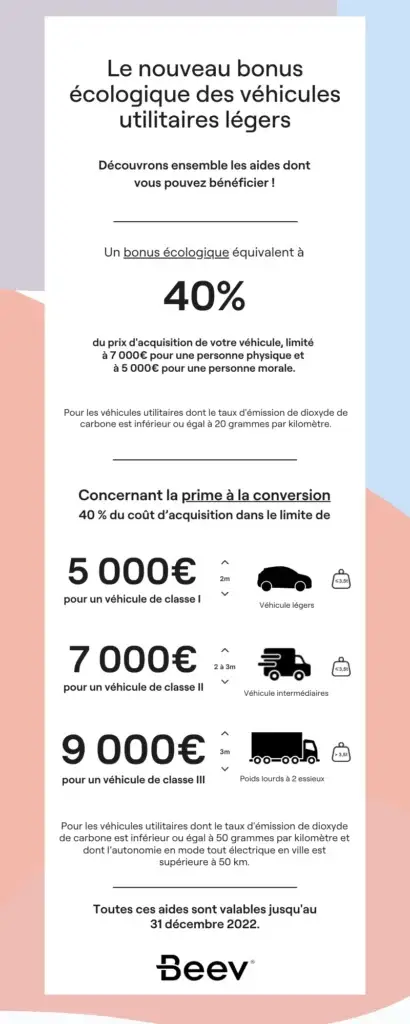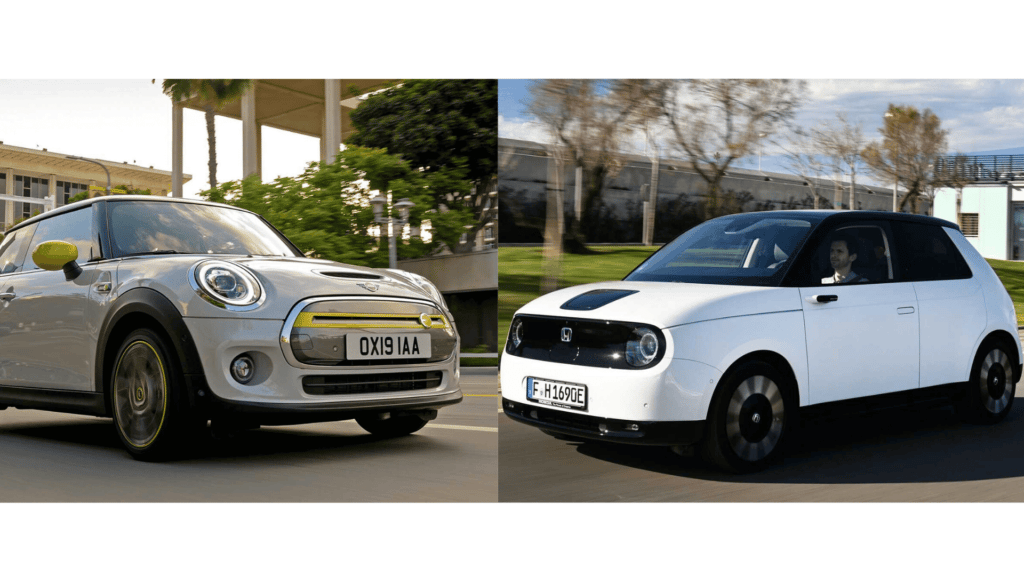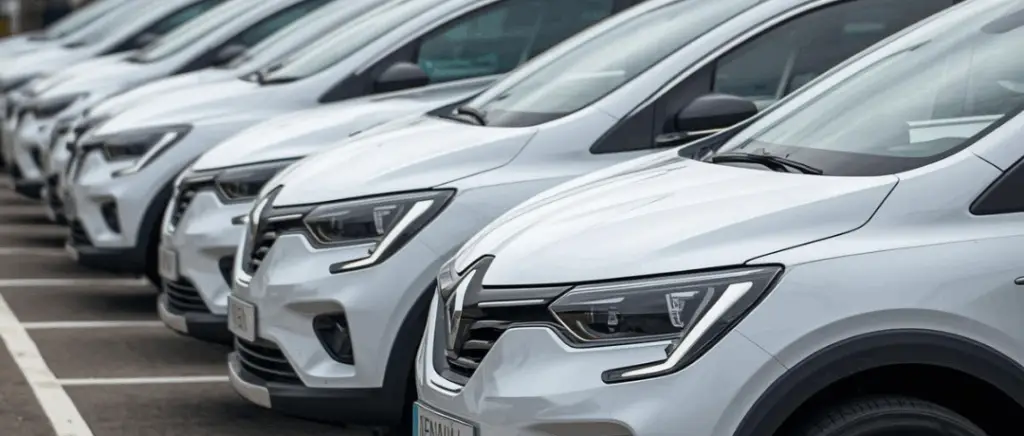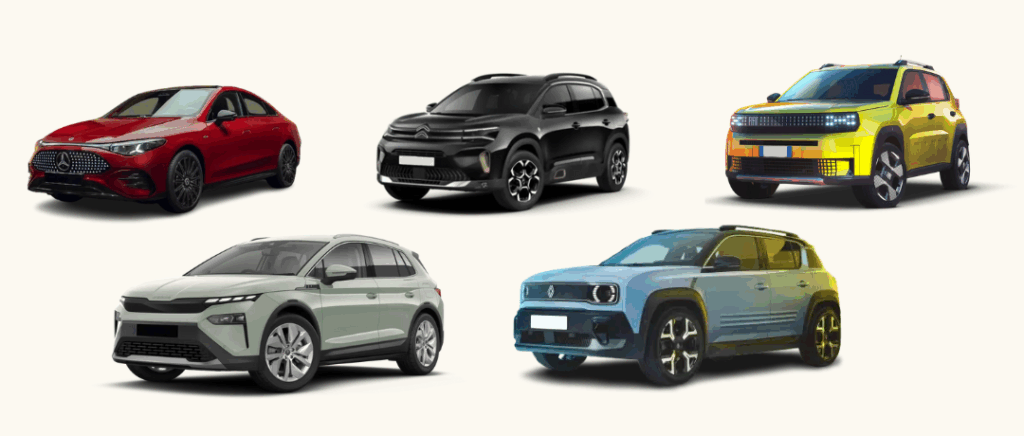Electric or hybrid cars: theautonomy
Most plug-in hybrids have a range of between 16 and 85 km. The greater the range, the greater the CO2 emission-free driving. But a longer range means bigger batteries and a higher price tag. Again, the most important consideration is you and how you drive a car most of the time. If your plug-in hybrid has a range of 16 kms and you drive 6 kms round trip to work, you'll theoretically be able to drive for weeks without refuelling your car and drive solely on the battery.
The average French persondrives less than 36 kms a day on average. In this case, you could drive a Mitsubishi Outlander PHEV without using a drop of petrol. The driver will only have to recharge the vehicle a few times a week. The car is therefore electric, because it will run almost exclusively on battery power.
In the case of electric cars, range is crucial when it comes to choosing a vehicle. electric car. In general, you want a car with a range of at least 300 km. But we have to be honest with ourselves: in most cases, you won't need to cover that distance in one go. The electric car is therefore ideally suited to most needs.
Electric or hybrid car: driving style
A hybrid vehicle can be an excellent investment, depending on your driving needs and lifestyle. It's important to remember that although hybrid vehicles have an electric battery, it's smaller than that of a fully electric vehicle and will have a limited range.
In simpler terms, if you don't drive much, a plug-in hybrid vehicle may be a good option, as you'll be using the small battery for your journeys.
Conversely, if your journey is long and you want to take your vehicle on longer trips, a hybrid vehicle might not make sense. With a hybrid vehicle, you won't have to stop as often to fill up with petrol. But you won't escape having to fill up and you'll have to go to a service station to buy fuel. A hybrid vehicle is more efficient at saving money when your journey is short, and you can rely on the small electric battery for most of your driving time.
Electric or hybrid car: the price
The total cost can be calculated in two ways:
- The cost of purchasing the vehicle from the dealer.
- The overall cost of ownership (Total cost of ownership or TCO), which includes repairs, fuel, depreciation, insurance and other factors.
A plug-in hybrid vehicle generally costs less than a conventional car. electric car battery-powered. The battery in a rechargeable hybrid vehicle is smaller and therefore less expensive. But it also has a petrol engine that requires fuel and maintenance. These costs are minor for a electric car.
Discover several models of electric vehicles that can be delivered quickly!
Subsidies
The various forms of assistance, such as the ecological bonus, the conversion premium and regional grants, also play a part in calculating the total cost of a car. Electric cars are eligible for all government grants in France, whereas hybrid vehicles are less and less eligible for these incentives. The total amount saved can often be as much as €10,000 of the total price of the car, or even more in some regions of France.
Ecological bonus

Conversion premium
| Véhicules éligibles | Ménages modestes et "gros rouleurs" | Ménages modestes (revenu fiscal de référence par part inférieur ou égal à 13 489 €) | Autres ménages |
|---|---|---|---|
Internal combustion vehicle Crit'Air 1 or rechargeable hybrid with a range of 50 km or less | 5,000 (at 80 % of the maximum acquisition cost) | 2 500 € | 2 500 € |
Crit'Air 1 thermal vehicle or rechargeable hybrid with a range of 50 km or less | 3,000 (at 80 % of the maximum acquisition cost) | 1 500 € | 0 € |
Residual value
A second factor in this calculation is the vehicle's residual value, i.e. its value on resale. At the moment, the price of used electric cars is undervalued. The fear of having to change the battery because of the loss of range is a key factor in this devaluation. Plug-in hybrids don't have this problem, which means they sell for more on the second-hand market. That said, this is no longer the case: batteries are lasting longer and longer, and are selling for more than we had hoped.
| Modèles | Garantie batterie |
|---|---|
Nisssan Leaf e+ 62 kWh | 5 years or 100,000 km |
Hyundai Kona electric | 8 years or 200,000 km |
Kia Niro EV | 7 years or 150,000 km |
Tesla Model S | 4 years/unlimited km |
Monday to Friday 9am - 12.30pm - 2pm - 7pm
Electric or hybrid cars: recharging
Recharging is less of a problem for plug-in hybrids. If you run out of battery and are far from a charging point, the combustion engine takes over. You can then continue on your way without worry. Not so with your electric vehicle. Without a battery, your car will come to a standstill and you'll be stuck.
Electric and hybrid cars: running costs
Plug-in hybrids combine the best of combustion engine and electric vehicle technologies. But it inevitably inherits some of the shortcomings of combustion engines.
Cost of fuel
A major difference between hybrid and electric vehicles is their fuel type. Both types of vehicle have a battery that can be recharged using electricity. Electricity is generated from a wide range of sources, from nuclear power to renewable sources such as solar, wind and hydro power. With these two options, environmentally conscious car owners can choose to invest in renewable options such as residential solar panels to minimise their carbon footprint.
However, hybrid vehicles have a certain flexibility when it comes to fuel consumption - they can also run on petrol. Depending on your driving habits, some hybrid vehicles can automatically switch from electric to petrol mode. This can be an excellent option, as a petrol engine removes some of the stress associated with the (sometimes limited) range of an electric vehicle. It's much more likely that an electric vehicle will run out of battery than a hybrid, as petrol stations are much more common than EV charging stations.
When it comes to fuel costs, fully electric vehicles are much more economical. You no longer need to fill up with petrol. Your 'fill-up' costs you an average of €2/100km, which you'll only see on your electricity bill.
Maintenance costs
As well as paying for petrol, there are other costs associated with owning a vehicle. Maintenance costs, in particular, are a major source of expense for any car owner. Unfortunately, hybrids come up against many of the same typical maintenance problems as combustion engines. For example, oil changes, a vital stage in the life of a combustion engine car, will no longer be necessary for an electric vehicle.
However, you won't escape certain expenses: tyre changes, insurance and certain repairs in both cases. That said, it's worth noting that you'll incur more expenses with a hybrid vehicle. In fact, it shares many of the same features as a combustion engine vehicle, and you won't be able to avoid certain expenses.
Both all-electric and hybrid vehicles are at risk of battery degradation. But this seems to be less and less of a problem: some manufacturers are so confident in their batteries that they guarantee them for 10 years.
Electric or hybrid cars: the range
The biggest disadvantage of plug-in hybrids is the lack of choice. There simply aren't many models to choose from, as most carmakers have opted instead to develop fully electric vehicles. This is largely because drivers interested in an electric vehicle tend to want to enjoy the experience to the full, without using fuel and benefiting the environment as much as possible.
Electric vehicles are booming, with new models available in electric versions and new models in electric versions. innovative models in the pipeline.
Electric or hybrid car: summary
Clearly, both technologies are a major step forward compared with combustion-powered vehicles. The choice depends on the buyer's budget, environmental awareness, needs and driving style.
Beev offers multi-brand 100% electric vehicles at the best prices, as well as recharging solutions.
































